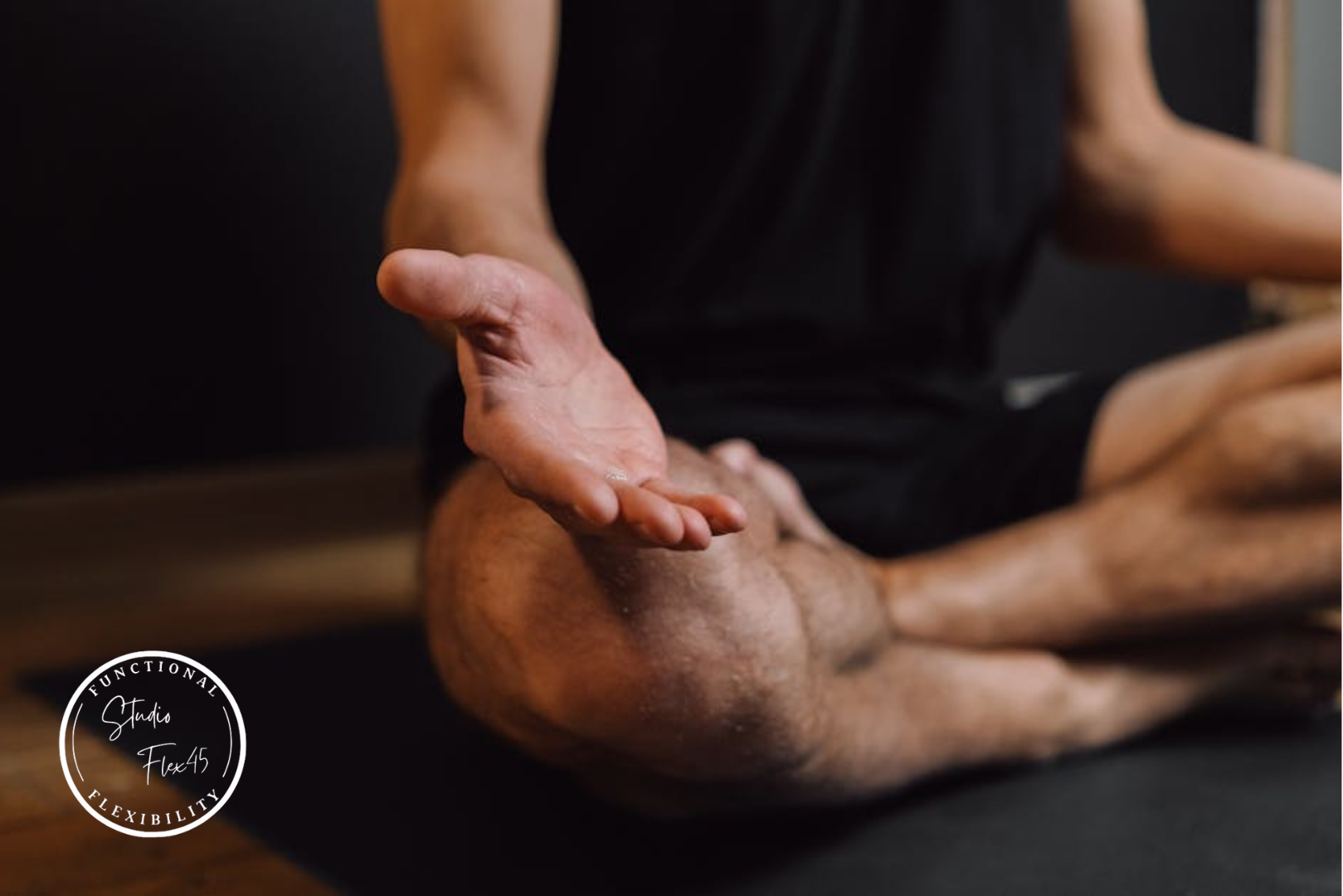Recovery yoga is crucial for athletes as it helps in improving flexibility, reducing muscle soreness, and aiding in faster recovery after intense workouts. Yoga also promotes relaxation and mental focus, which are essential for overall athletic performance. By incorporating recovery yoga into their routine, athletes can prevent injuries, enhance their physical well-being, and achieve their fitness goals more effectively.
Recovery yoga can help athletes of all levels in various ways. It aids in improving flexibility, enhancing muscle recovery, reducing the risk of injuries, and promoting relaxation. Additionally, incorporating recovery yoga into your routine can boost your overall performance, both physically and mentally.
Recovery yoga focuses on gentle movements and poses that help the body heal and relax after intense physical activities, like sports or workouts. This type of yoga helps reduce muscle soreness, improves flexibility, and promotes mental calmness. Unlike regular yoga practices that can be more dynamic and challenging, recovery yoga prioritizes rest and rejuvenation for the body and mind.
Restorative yoga focuses on helping your body recover, especially after intense physical activity. Here are some essential restorative yoga poses that can benefit athletes at all levels:
These poses can enhance your recovery process and improve your overall athletic performance.

Breathing techniques play a crucial role in enhancing recovery and relaxation after physical activity. By focusing on your breath, you can promote relaxation, reduce stress, and improve oxygen flow to your muscles. Here are some essential breathing techniques that can help you enhance your recovery and promote relaxation:
By incorporating these breathing techniques into your recovery yoga practice, you can promote relaxation, reduce muscle tension, and enhance your overall well-being.
In recovery yoga, the mind-body connection is crucial. This practice focuses on syncing your physical movements with your breath, aiming to create a harmonious balance between your body and mind. By connecting your movements to your breath, you can enhance your awareness, improve your focus, and promote relaxation. This connection helps in releasing tension, reducing stress, and fostering a deeper sense of overall well-being.
When starting recovery yoga as a beginner, it’s important to take it slow and listen to your body. Here are some tips to help you get started:
Begin with gentle yoga classes or videos specifically designed for beginners to avoid injuries and build a strong foundation.
Focus on your breath and alignment during each pose to deepen your practice and prevent strain on your body.
Don’t compare yourself to others in the class; everyone’s body is different, and it’s important to honor your own limitations.
Take breaks when needed and modify poses to suit your comfort level, gradually working towards more challenging poses as you build strength and flexibility. Stay consistent with your practice and be patient with yourself; progress takes time, and every small step counts towards your overall well-being.
To incorporate advanced recovery yoga practices into your routine as an experienced athlete, consider trying out variations that focus on deepening stretches and enhancing muscle recovery. Explore poses like pigeon pose, supported bridge pose, and reclined spinal twist to target specific muscle groups and increase flexibility. Incorporate slow, mindful breathing techniques to promote relaxation and aid in the release of tension. Remember to listen to your body and modify poses as needed to suit your individual level and avoid overexertion. Practicing these advanced recovery yoga techniques regularly can help improve your overall performance and prevent injuries as a seasoned athlete.
To design a personalized recovery yoga routine, begin by evaluating your current physical condition and identifying areas of soreness or tightness. Next, select yoga poses that target these specific areas to help relax and rejuvenate your muscles. Consider incorporating gentle stretches, restorative poses, and deep breathing exercises to promote relaxation and reduce muscle tension. Lastly, listen to your body’s cues and adjust your routine as needed to ensure a balanced and effective practice tailored to your individual needs.
To maximize performance and assist in recovery, incorporating yoga into your routine can be a game-changer. Recovery yoga helps athletes of all levels enhance flexibility, reduce muscle soreness, and improve mental focus. By dedicating time to recovery yoga, athletes can enhance their overall performance and keep their bodies resilient against injuries. Make it a priority to embrace the power of recovery yoga for optimal results.
1150 CALLENS RD Suite A, Ventura, CA 93003 USA Located in F45 Studio
PHONE: 805-561-3765
[email protected]
Click the button below – create an account to claim your FREE class!